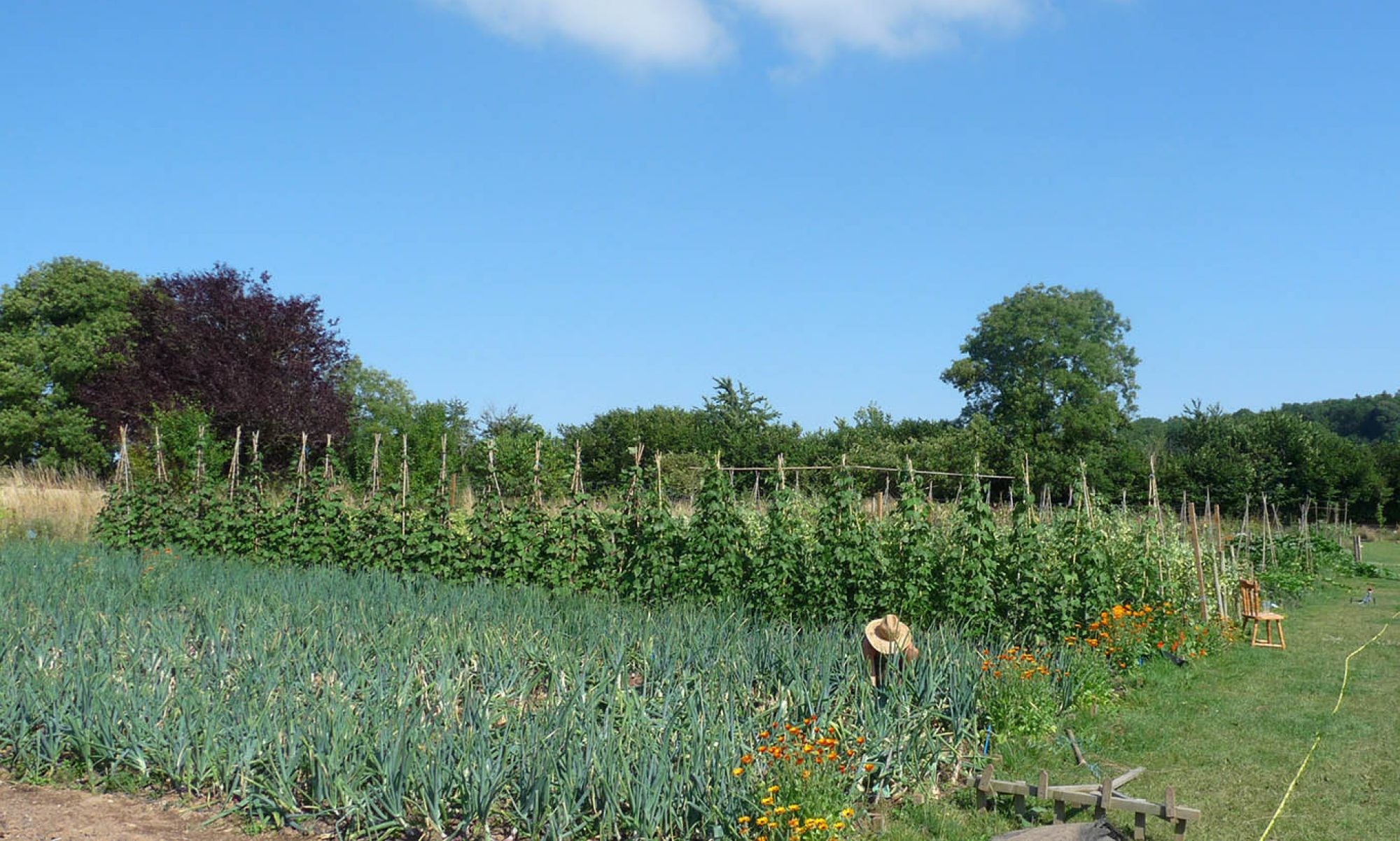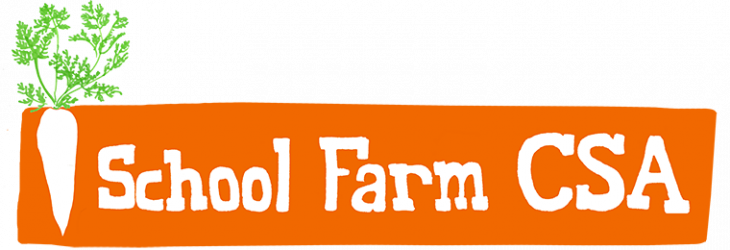Spring cleaning again. At the farm. And rebuilding a rotten old pallet table. The Level 3's in sustainable horticulture strike again!

Gratitude for snacks
You know when you’re working outside on a drizzly day and it’s time to come in for a cup of tea? How good that cup of tea feels? (amazing!) well today we didn’t only have tea we also had sweet peanut butter and chickpea squares given to me last night by Neeta. Thank you Neeta! We played the ‘guess that taste’ game and still noone got it. 🙂

Time to sign up CSA members again
After a bit of rewording from last year, and changing around some of the options, the membership forms are ready to go in Monday's CSA boxes. I've even thrown in some pie charts to show where our money comes from and where it goes and a picture of the new machinery we're planning on using. A Sunday job jobbed. 🙂

Hooray for freebies!
Today I had some helpful support from Laurel (Food In Community) and Hannah (The Kitchen Table) to pickup some old outdoor tables that would've been skipped in a massive clearance of some old kit of Dartington Estates. Next big event we have, we'll have no excuse not to have tables out for you! Deep gratitude for both ladies for generously donating their time today. This is what community supporting their farm looks like. 🙂
Early Spring Cleaning
Planning & Learning
Global Perspective: Seed Sovereignty
Global Perspective: Seed Sovereignty
Seed is the source of life and as such it is ethically unjust that it can be owned by anyone let alone a individual companies. Farmers have created preserved and renewed seed diversity through conservation and selection for thousands of years. They have the right to save, breed and exchange seed, further diversifying the genetic pool and creating land races that are locally and culturally appropriate.
Seed sovereignty has grown as an international movement to combat the onslaught of the cumulative negative effects of seed patenting. Although the patenting of seeds was first permitted under the USA Plant Patent Act of 1930, it was not until the 80’s that living cells were eligible for the same protection under international property laws which paved the way for Monsanto to patent the first Genetically Modified plant cell in 1982, and subsequently all plants got a similar treatment in 1985.
Patents threaten these fundamental rights by creating monopolies on seed. They can lead to cycles of debt for farmers who are sold ‘terminator seeds’ developed with the aim of creating sterile seed, ensuring that the farm MUST return to buy new seed annually. Further more the potential for GM seed to contaminate crops had lead corporations to sue farmer for theft of property.
New European Commission legislation (May 2013) on plant reproductive material has worsened the situation. It will make it illegal to market any unregistered seed, illegal to sell or even give seed away for free. Registering seed will be unaffordable for anyone apart from big business, and criteria such as ‘stability’ and ‘uniformity’ supports the production of hybrid seed, rather than producing seed that is acclimatised to local conditions. This will be devastating for seed diversity, seriously reducing the varieties of crops grown and is a direct attack on the rights of famers. Luckily amateur growers and small businesses are exempt from regulation, making our role in seed saving all the more important.
Read more about seed sovereignty on these websites: Land Workers Alliance, the Ecologist, the campaign for Seed Sovereignty and Navdanya
Global Perspective: Common Agricultural Policy
Global perspective
Common Agriculture Policy (CAP)
Did you guess that 70% of the food is produced by small scale farmers? There are still over 2 billion people that get their livelihoods from farming globally, though this is threatened by the steady push of industrialised farming perpetuated by policies such as the Common Agricultural Policy (CAP).
CAP is a framework which was set up to increase food security after WW2 and managed this by securing farmers income through subsidies on production. It has been through many reforms, and currently subsidies are predominantly awarded based on acreage (i.e. the bigger your farm the more you get). There are other smaller payments that cover environmental measures, rural development and the policies that control how Europe trades with other countries. It is the largest common policy across Europe and 40% of the EU’s budget is spent on it.
About 4 billion pounds of taxpayer’s money is spent on UK agriculture every year through the CAP, and sadly this money is leading to bigger more specialised farms that are devastating for the environment and biodiversity. What’s more, our subsidised food from the EU is traded on the global market, where food from less wealthy nations (that can not pay their farms subsidies) cannot compete, thus undermining their food sovereignty.
Farms such as School Farm CSA do not receive any subsidy, however we also compete with large industrialised farms which do. Many groups are campaigning for the EU to recognise the advantages of small scale organic farming, which is more productive per unit area, more resilient, and is better ecologically, environmentally and socially – providing jobs in rural communities, safe, healthy food for us all, and encouraging biodiversity.
Although the reforms for the next five years are already complete, it’s a continual dialogue and we felt it was interesting and important to hear a little about it here and to keep watching what happens next. Lots more information can be found through
European Coordination of Via Campesina






